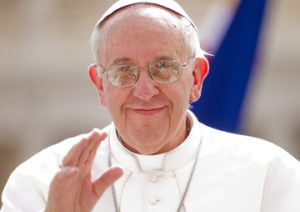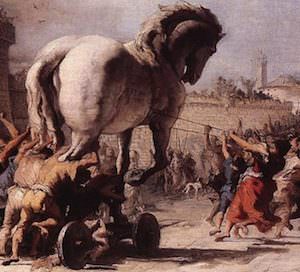A ‘Lack of Completely Selfish Societies’
One of the fundamental questions in modern economics is whether humans act out of self-interest or they’re motivated by something else. Two professionals in the field suggest that a cooperative drive has more to do with human behavior than Milton Friedman would have us believe.
One of the fundamental questions in modern economics is whether humans act out of self-interest or they’re motivated by something else. Two professionals in the field — Samuel Bowles and Herbert Gintis — suggest that a cooperative drive arising from natural selection has more to do with human behavior than Milton Friedman would have us believe. UC Davis professor Peter Richerson reviews their new book, “A Cooperative Species: Human Reciprocity and Its Evolution,” in Nature magazine.
Surprisingly, the role empathy plays in getting groups to solve problems does not figure into Richerson’s brief discussion of Bowles and Gintis’ ideas. This is significant because, as many psychologists would likely agree, empathy must be a driver of human cooperation. –ARK
Your support matters…Peter Richerson in Nature:
Humans are capable of remarkable feats of cooperation. Warfare is an extreme example: when under attack, hundreds or even millions of people might join forces to provide a mutual defence. In A Cooperative Species, economists Samuel Bowles and Herbert Gintis update their ideas on the evolutionary origins of altruism. Containing new data and analysis, their book is a sustained and detailed argument for how genes and culture have together shaped our ability to cooperate.
Modern hunting and gathering societies offer clues as to how human cooperation evolved. They are typically organized into tribes of a few hundred to a few thousand people. Each tribe is composed of smaller bands of around 75 individuals united by bonds of kinship and friendship. Formalized leadership is often weak, but cooperation is buttressed by social norms and institutions, such as marriage, kinship and property rights. The tribal scale of social organization probably evolved by the late Pleistocene (126,000–11,700 years ago), or perhaps much earlier.
Independent journalism is under threat and overshadowed by heavily funded mainstream media.
You can help level the playing field. Become a member.
Your tax-deductible contribution keeps us digging beneath the headlines to give you thought-provoking, investigative reporting and analysis that unearths what's really happening- without compromise.
Give today to support our courageous, independent journalists.






You need to be a supporter to comment.
There are currently no responses to this article.
Be the first to respond.